
Francesco Cilea was an Italian composer. Today he is particularly known for his operas L'arlesiana and Adriana Lecouvreur.
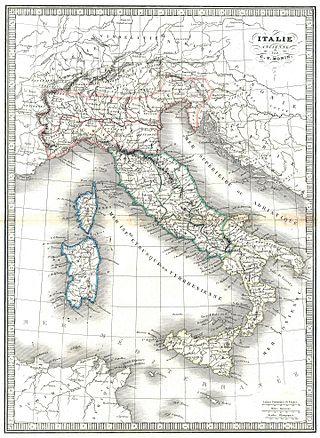
Propaganda Due was a Masonic lodge, founded in 1877, within the tradition of Continental Freemasonry and under the authority of Grand Orient of Italy. Its Masonic charter was withdrawn in 1976, and it was transformed by Worshipful Master Licio Gelli into an international, illegal, clandestine, anti-communist, anti-Soviet, anti-Marxist, and radical right criminal organization and secret society operating in contravention of Article 18 of the Constitution of Italy that banned all such secret associations. Licio Gelli continued to operate the unaffiliated lodge from 1976 to 1984. P2 was implicated in numerous Italian crimes and mysteries, including the collapse of the Holy See-affiliated Banco Ambrosiano, the contract killings of journalist Carmine Pecorelli and mobbed-up bank president Roberto Calvi, and political corruption cases within the nationwide Tangentopoli bribery scandal. P2 came to light through the investigations into the collapse of Michele Sindona's financial empire.

Giovanni "Gianni" Agnelli, nicknamed L'Avvocato, was an Italian industrialist and principal shareholder of Fiat. As the head of Fiat, he controlled 4.4% of Italy's GDP, 3.1% of its industrial workforce, and 16.5% of its industrial investment in research. He was the richest man in modern Italian history.
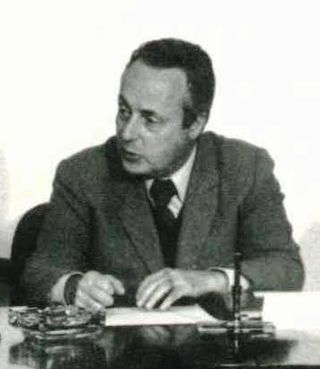
Giorgio Bassani was an Italian novelist, poet, essayist, editor, and international intellectual.
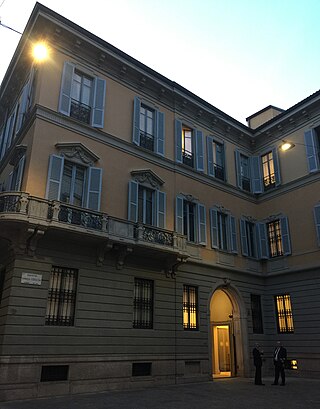
Mediobanca is an Italian investment bank founded in 1946 at the initiative of Raffaele Mattioli and Enrico Cuccia to facilitate the post-World War II reconstruction of Italian industry. Cuccia led Mediobanca from 1946 to 1982. Today, it is an international banking group with offices in Milan, Frankfurt, London, Madrid, Luxembourg, New York and Paris.
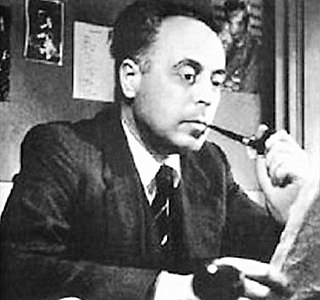
Tommaso Francesco Besozzi, also known as Tom, was an Italian journalist and writer. He is considered to be one of the most important post-war journalists of Italy and his writing style earned him the epithet "Hemingway of Europeo".
Vincenzo Crocitti was an Italian cinema and television actor. Crocitti was born in Rome. He won a David di Donatello and a Nastro d'Argento for the role of Mario Vivaldi in An Average Little Man.
Francesco Cuccia, also known as Don Ciccio, was a member of the Sicilian Mafia and one-time mayor of Piana dei Greci. He is best known as the Mafia boss who triggered Benito Mussolini’s war on the Mafia, after humiliating him while visiting Piana dei Greci in 1924. He was described by the writer Norman Lewis as a Mafia potentate with an inflamed sense of his own importance. The Sicilian writer Giuseppe Passarello called him "Cuccia il sanguinario".
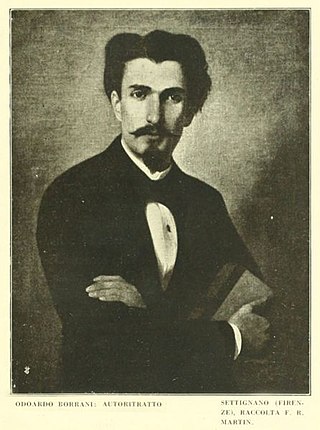
Odoardo Borrani was an Italian painter associated with the Macchiaioli group.

Carlo Tognoli was an Italian politician who was mayor of Milan and minister of the First Italian Republic.
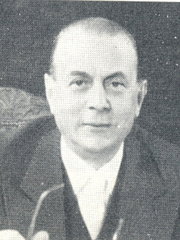
Giordano Dell'Amore was an Italian economist and banker.

Antonio Baldissera was an Italian general, active in the Ethiopian Empire (Abyssinia) and in Italian Eritrea during the late 19th and early 20th centuries.

Enrico Cuccia was an Italian banker, who was the first and long-term president of Mediobanca SpA, the Milan-based investment bank, and a significant figure in the history of capitalism in Italy.

Alberto Nagel is an Italian banker and manager who is CEO of Mediobanca.

Antonfrancesco Vivarelli Colonna is an Italian politician.

The Castellini Baldissera are a historic family, originating from Milan and Brescia.

Vincenzo Azzolini was an Italian economist. He served as Governor of the Bank of Italy between 1931 and 1944 in succession to Bonaldo Stringher. It was a challenging time politically, economically and internationally. Commentators conclude that he confronted the difficulties he encountered as Bank Governor with considerable skill and dexterity. Towards the end of 1944 he was dismissed from office. He was accused of High Treason and was convicted of handing the Italian gold reserves over to the Germans. On 14 October 1944 he was sentenced to a thirty-year jail term. Slightly under two years later, on 28 September 1946, he was released under the terms of the Togliatti amnesty. By 1948 passions had cooled a little and the Supreme Court of Cassation reversed the original conviction, stating that his failure to prevent the German Army from removing the Italian gold to Berlin in 1943 did not amount to a crime.

Alessandro Gerbi, known as Sandro is an Italian journalist, author of several biographies and books on Italian contemporary history.
















